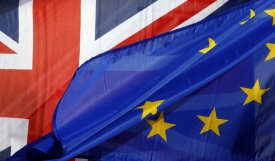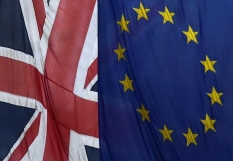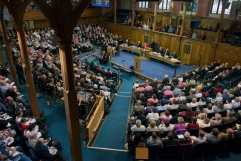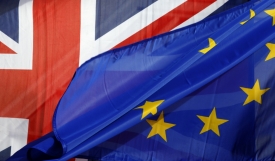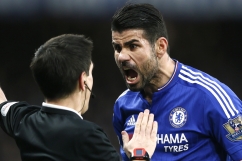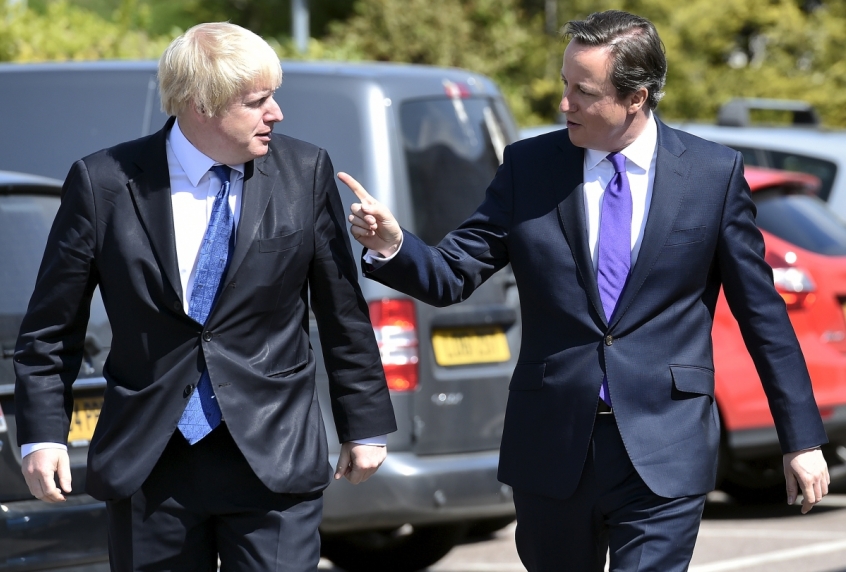
Call me naive, but I had hoped for better. As I watch TV and social media and read my newspapers, I observe how the two camps of the referendum debate conduct themselves. I confess, I'm left with a mixture of emotions – disappointment, frustration, anger. I really think those conducting the 'debate' should know better. Is this really democracy? And does the British population have to endure another four weeks of this circus?
Of course, I'm also observing the ordinary voter. It seems like there is a corporate, national shaking-of-the-head. The great danger of what's happening in the UK is that it's simply reinforcing a disillusionment with the political establishment. This is a trend we're observing in so many parts of the world. Faced with the most important decision the UK population will vote on in their lifetime, it seems as if we're being treated as simpletons.
I hope you'll allow me to use a specific example. David Cameron, our prime minister, and Boris Johnson, until recently Mayor of London, are both major spokesmen for opposing camps in the referendum debate. Yet, in the lead-up to the campaigns, both gave the impression that the arguments were in the balance. Indeed, Boris Johnson took a weekend to consider which of the two sides he would take.
But sadly, there's no balance now. There's not even a hint of respect for the other side's position. It's black and white, and fear has become the primary campaigning mode. To stay in would be, "a disaster", or to leave would be, "the end of life as we know it". Of course, everyone knows that neither is true. We're being misled – one could even say mistreated – and democracy is suffering. Where is the positive vision of what the future could look like? Neither side seems able to tell us. Why has the debate been dominated by the economic arguments of staying or going? There must be more to this than simply money.
Over the years, I've had the opportunity to meet many politicians and the impression they left me was that in the main, they're good people. They didn't go into politics to make a fortune, they wanted to make a difference. But they're caught in a system and it feels like it's broken.
So what is our response? We have to pray, but let's also model a different way of engaging. Let's have a proper debate around our meal tables, in our small groups or even in some public gatherings. Let's not be afraid to take the conversation out of our churches. We could be a voice of reason at a time of such confusion.
There are some great resources available to inform us from a Christian worldview. We won't all agree, but we have to be able to do things better than what we are experiencing at present. Could something good come out of this mess? Could God-inspired wisdom emerge whereby we find a better way of doing politics?
Maybe this corporate, national shaking-of-the-head will prove to be the catalyst we need for genuine change. Maybe this is the time for women and men to take a stand and say there has to be a better way than this.
Steve Clifford is the general director of the Evangelical Alliance. The EA has produced a range of resources on the EU referendum debate. You can view them here.










